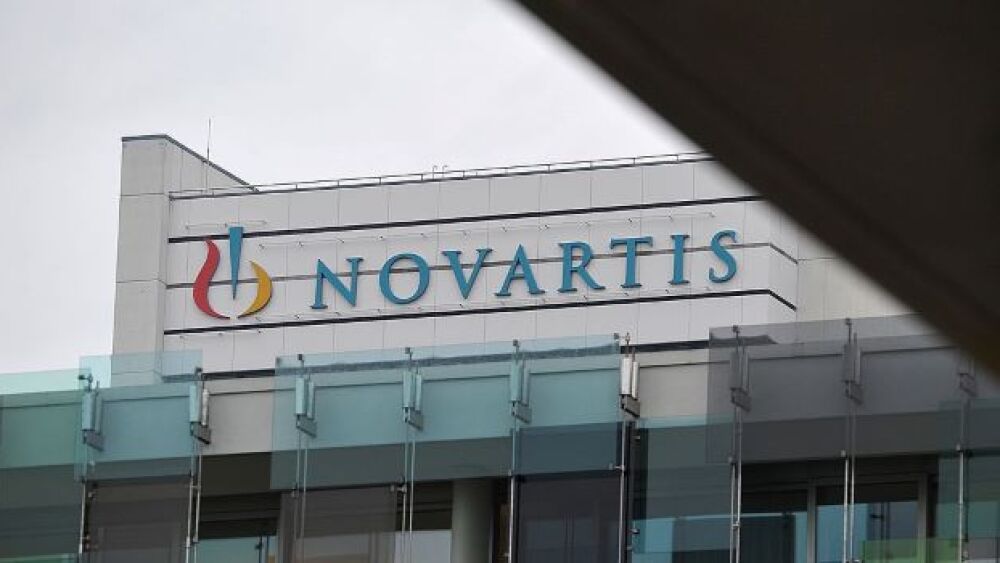Novartis expands its optogenetics portfolio with the acquisition of Arctos Medical, cementing its commitment to optogenetics-based therapies to restore vision to patients with advanced blindness.
Harold Cunningham/Getty Images
Novartis is expanding its optogenetics portfolio with the acquisition of gene therapy company Arctos Medical. With the acquisition, Novartis will bolster its adeno-associated virus gene therapy-based options for different forms of genetically related blindness.
In a brief announcement this morning, Swiss pharma giant Novartis said the acquisition of Arctos underscores its commitment to using optogenetics-based therapies to restore vision to patients with advanced blindness. Optogenetics is a method that uses light to modulate molecular events in a targeted manner in living cells or organisms.
Jay Bradner, M.D., president of the Novartis Institutes for BioMedical Research, said optogenetics is becoming a promising therapeutic approach that might restore sight to patients who are legally blind. The Arctos approach has been developed for multiple conditions that can cause blindness, including inherited retinal dystrophies (IRDs) and age-related macular degeneration.
Unlike other gene therapies aimed at blindness, such as Spark Therapeutics’ Luxturna, the Arctos approach is not aimed at correcting a specific gene that causes blindness, which means its technology can address multiple forms of IRDs regardless of the underlying mutation. Mutations can cause IRDs in more than 100 genes. Arctos’ proprietary, light-sensitive optogene, initially developed at the University of Bern in Switzerland, is delivered to specific retinal cells through an AAV gene therapy. That changes the targeted cells into replacement photoreceptor-like cells. If the approach proves successful in the clinic, Novartis said a therapeutic based on this kind of technology could be used to treat any disease that causes blindness due to photoreceptor death.
IRDs affect more than two million people across the globe. Many of these diseases lead to total blindness in patients. Age-related macular degeneration impacts millions more people than IRDs, approximately 170 million people globally. There are no curative therapies currently available for AMD.
“The Arctos technology builds on our conviction that optogenetic gene therapies may meaningfully help patients battling devastating eye diseases,” Bradner said in a statement.
According to Novartis, through the acquisition, the company gains one pre-clinical optogenetic AAV gene therapy program and Arctos’ proprietary technology introducing a distinct mechanism of action. The financial terms of the acquisition were not disclosed.
“We’ve watched this technology develop and mature into a therapeutic program that complements our existing portfolio and gives us new optogenetics technology to wield in our efforts to bring desperately needed therapeutic options to patients for these blinding diseases,” Cynthia Grosskreutz, global head of Ophthalmology at the Novartis Institutes for BioMedical Research, said in a statement.
Featured Jobs on BioSpace





